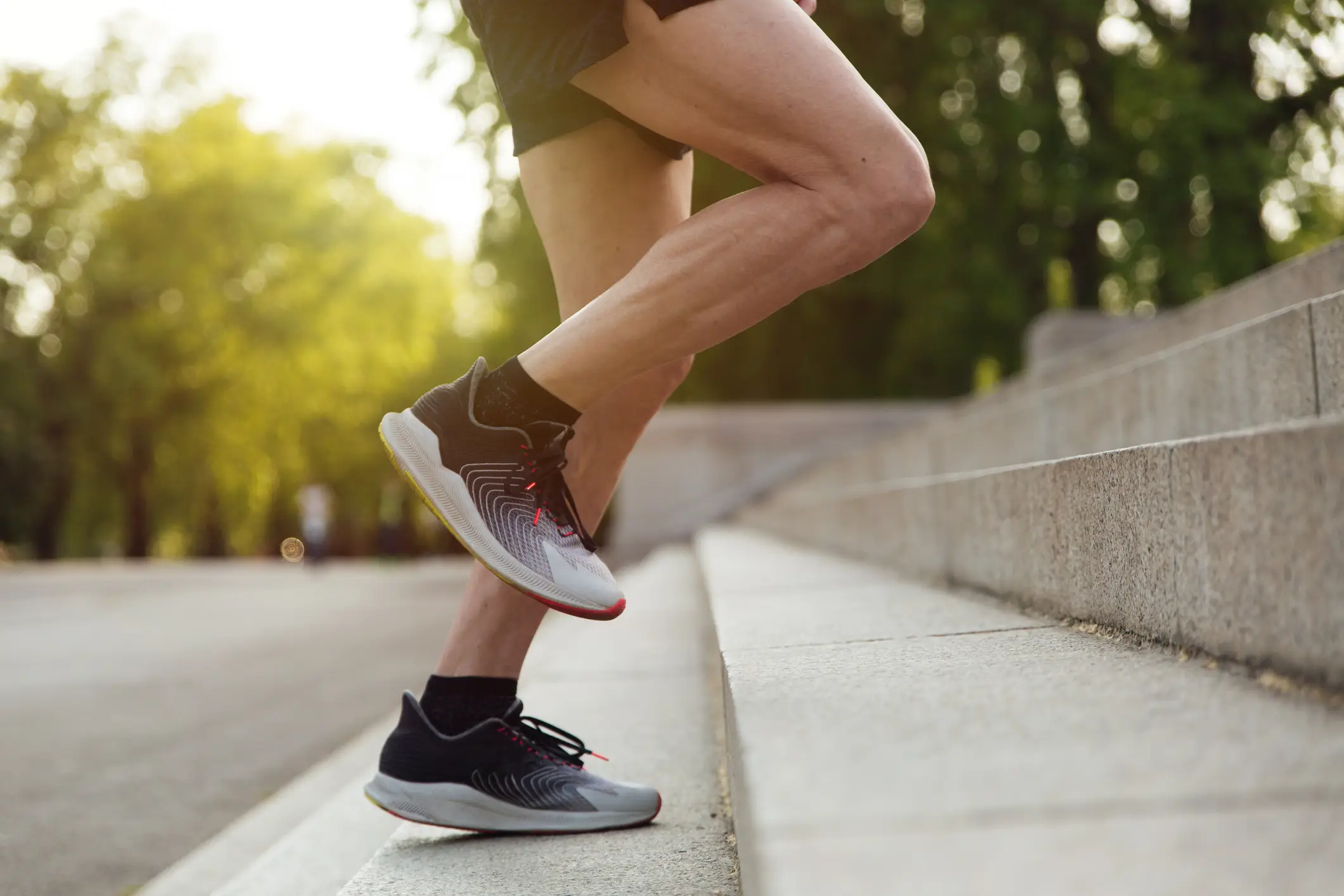
A team of researchers got participants to work up a sweat in order to figure out how much exercise it takes to reverse heart aging by as much as 20 years.
Lots of us have probably made New Years' resolutions to work out more, but how much exercise do you need to really have an impact on your ticker - and is it ever too late to start?
If you're currently sat on your sofa, munching your way through a bag of chips and convincing yourself that you've already ruined your resolution, then you'll be glad to hear that the answer is no.

Advert
In fact, a 2018 study published in the journal Circulation found that people in their late middle age can still take steps to dramatically increase heart health; all it takes is a bit of dedication.
In the study, researchers gathered 53 people between the ages of 45 and 64 who were all healthy but had no regular history of exercise in their daily routines, and instead lead a mostly sedentary life.
The participants were split into two groups, one of which followed a routine involving yoga, weight and balance training, while the other took on aerobic exercises which escalated in intensity over two years. Both groups trained multiple times a week.
In the aerobics group, participants had a weekly aerobic session involving a sport such as running or dancing, as well as having to perform four sets of exercises for four minutes each, followed by three minutes of active recovery. The exercises were designed at 95 percent of the participants' maximum heart rates.

On top of these workouts, the aerobic group did moderate exercise two to three days a week.
The study concluded that both groups were doing well after the two years, but the aerobic exercise group saw an 18 percent improvement in their maximum oxygen intake during exercise, and a 25 percent improvement in the 'plasticity' of the walls of the heart's left ventricle.
As a person ages the walls of the heart tend to harden, so an increased plasticity is an indicator of improved health.
Dr Benjamin Levine, lead author of the study, stressed the importance of the findings as he said: “We found what we believe to be the optimal dose of the right kind of exercise, which is four to five times a week, and the 'sweet spot' in time, when the heart risk from a lifetime of sedentary behaviour can be improved - which is late-middle age…
"The result was a reversal of decades of a sedentary lifestyle on the heart for most of the study participants.”
Dr. Rhonda Patrick, who has a PhD in biomedical science and shares tips about fitness on her FoundMyFitness podcast, cited this study as she said the exercise was able to 'reverse the ageing of their hearts by as much as 20 years'.